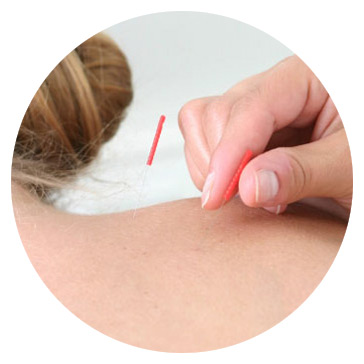Dry Needling Ascot Vale
What is Dry Needling?
Dry needling is a technique osteopaths in Ascot Vale use to help relieve pain and improve movement. In this treatment, your osteopath uses small, solid needles to target tight muscles, often called trigger points. Because of this, dry needling can reduce muscle pain and help your body move more freely.
How Does Dry Needling Work?
Muscle “knots,” or trigger points, can cause pain and limit movement. When your osteopath inserts a needle into a trigger point, you might feel a quick muscle twitch. This twitch means the needle is in the right spot. After the twitch, the muscle relaxes. As a result, you may notice less pain and better movement. Dry needling encourages your body’s natural healing, so your muscles can return to a healthy state.
What to Expect During Dry Needling
Most people find dry needling comfortable. You may feel a small pinch as the needle goes in, but this is usually mild. Once the needle is in place, your osteopath might move it slightly until you feel an ache or a twitch. Sometimes the needle stays in for up to 15 minutes, with gentle movement. Other times, your osteopath may move the needle in and out a few times. After treatment, you could feel a little sore, but this feeling usually goes away quickly.
What Can Dry Needling Help With?
Dry needling can help with many conditions, for example:
- Neck tension
- Muscle strains
- Ligament sprains
- Rotator cuff injuries
- Tennis or golfer’s elbow
- Headaches
- Back pain
- Groin strain
- Achilles tendonitis
- Plantar fasciitis
- Carpal tunnel syndrome
- Whiplash
- Shin splints
- Tendonitis
If you have any of these problems, dry needling at our Ascot Vale clinic may be a good option for you. Because we focus on your comfort and results, our team will explain each step of the process and answer your questions.
Dry Needling Ascot Vale
